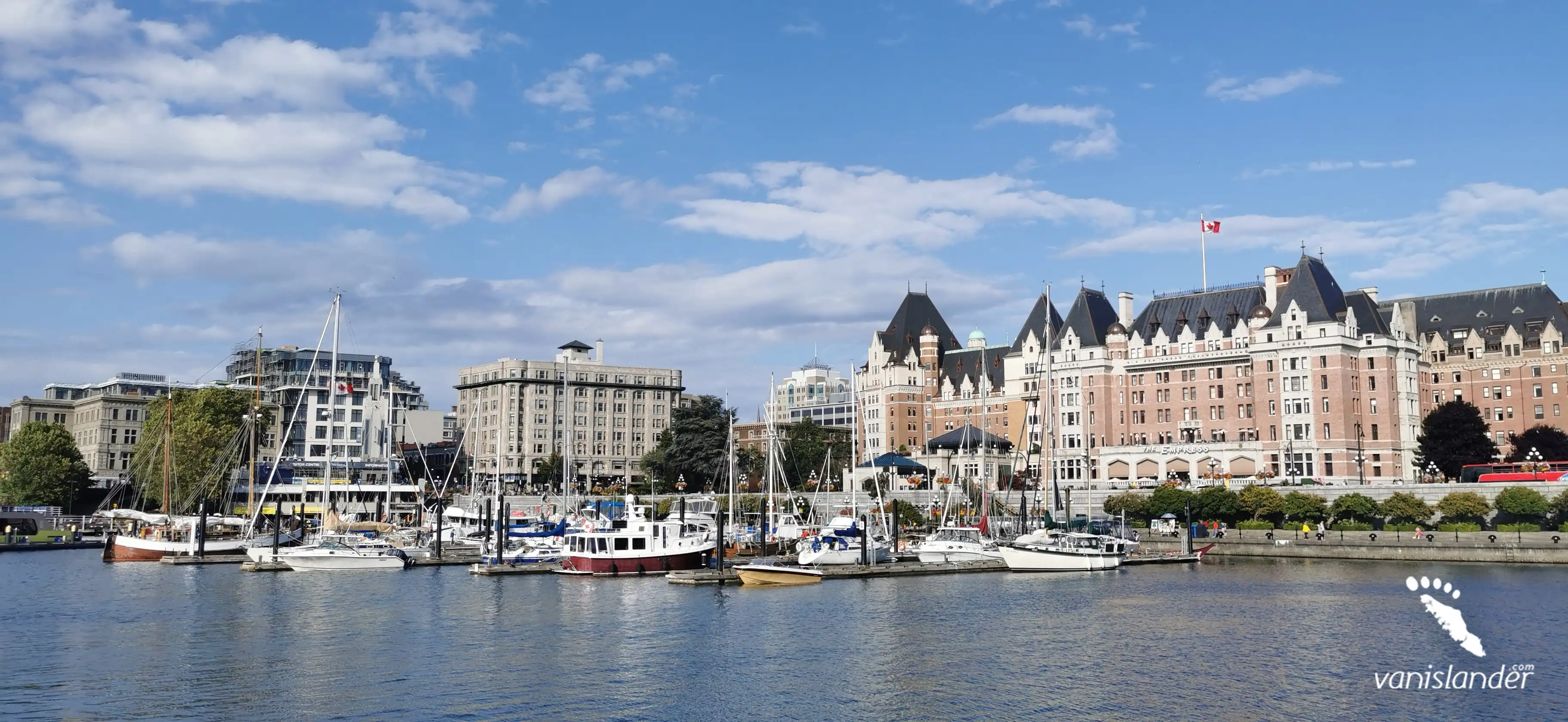Every time Canada’s budget season rolls around, I hear the same question: Why send money overseas when we have problems right here at home? I get that question. I live and work in communities where poverty, racism, and inequality are very real. But after more than 20 years of working with Indigenous and systemically marginalized youth through the Victoria International Development Education Association (VIDEA), I’ve seen firsthand that international aid isn’t charity — it’s connection. It’s a two-way exchange that builds strength, opportunity, and leadership both abroad and here at home. At VIDEA, a Victoria-based human rights organization, we run programs that connect Indigenous youth from across Canada with communities in Zambia, and Uganda. These youth travel, work alongside local peers, and share traditional knowledge, environmental skills, and leadership approaches rooted in Indigenous ways of knowing. What comes back is powerful: confidence, perspective, and renewed commitment to making change here in Canada. This is not “aid,” it’s about solidarity — mutual learning between communities who have both survived oppression, colonization, and systemic barriers. When Indigenous youth and youth with barriers to employment from Canada exchange knowledge with youth abroad, both sides grow stronger. They learn how to tackle climate impacts, gender inequality, and community healing in ways that honour culture and land. And the benefits don’t stop there. Studies show that every dollar spent on conflict prevention can save up to $60 in military costs, and every dollar of development assistance generates more than a dollar in Canadian exports. But the real return is human — the leadership, creativity, and global awareness our youth bring home. When Canada retreats from international cooperation, we don’t just abandon people overseas — we shrink the possibilities for our own young people. We cut off chances for them to learn, to lead, and to see themselves as part of something bigger. International cooperation helps build a safer, fairer world. It strengthens the very systems – health, education, climate resilience – that make global and local communities thrive. So as we head into another federal budget and hear talk of cuts, I hope we look beyond the numbers. Because this isn’t about charity. It’s about shared humanity – and about investing in the kind of future our youth, here and everywhere, deserve. Lynn Thornton, executive director Victoria International Development Education Association
More
Less
